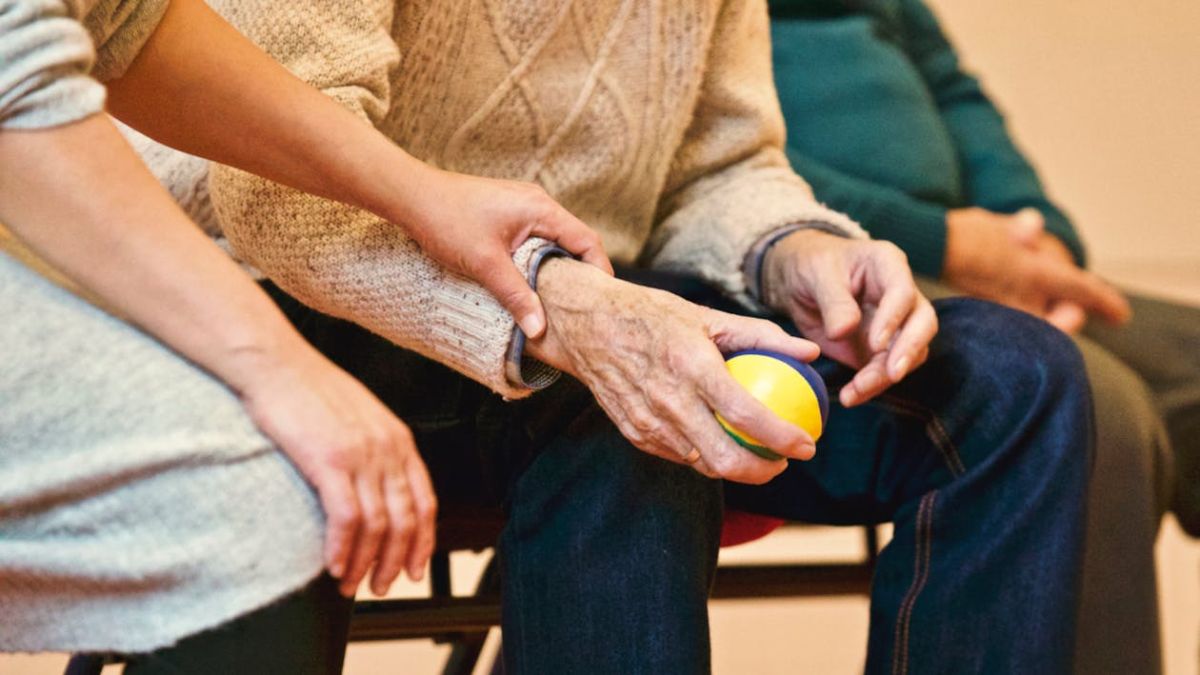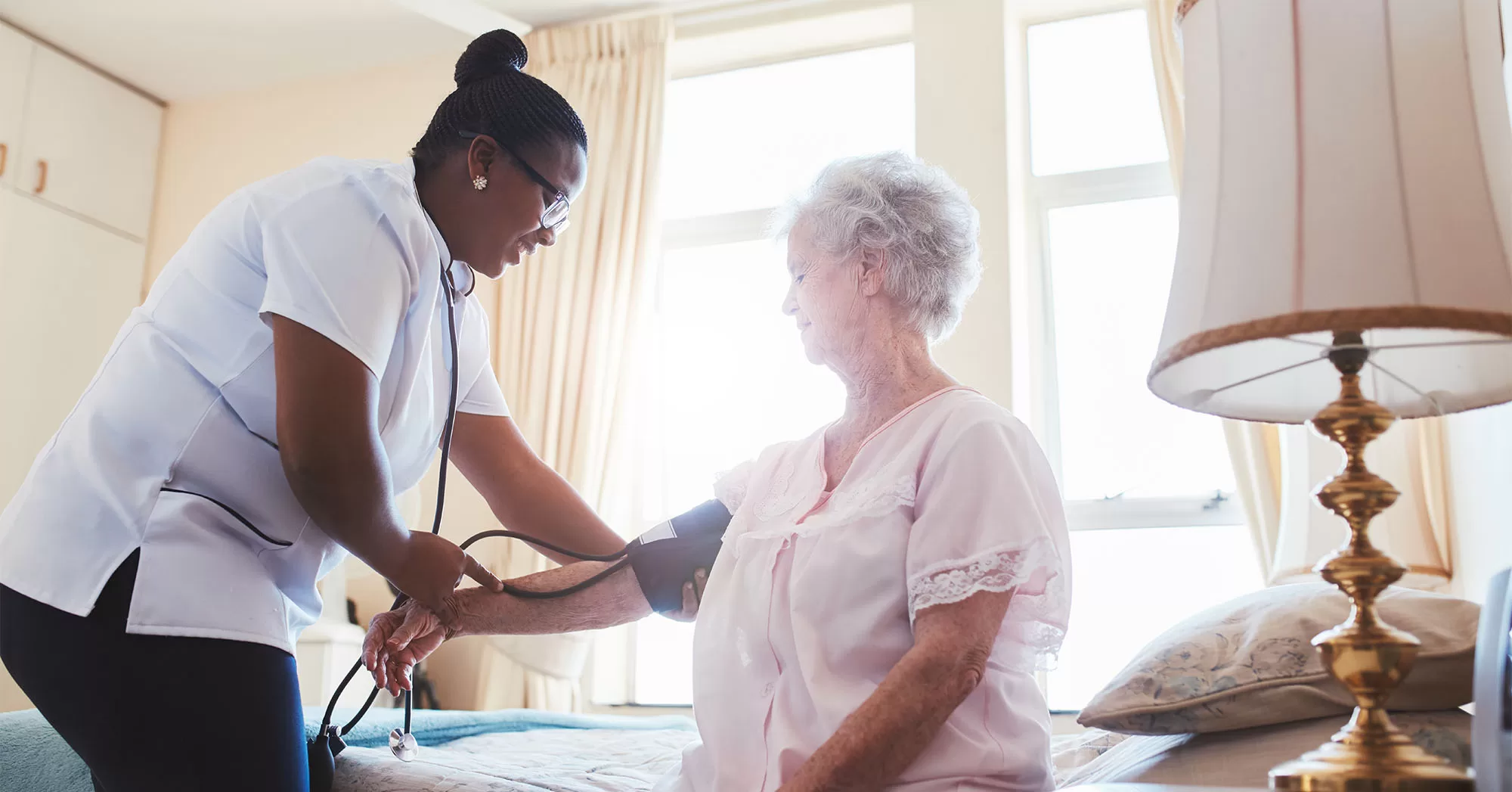As a social worker who’s worked with people with dementia for well over a decade, one of the main concerns I repeatedly hear from family members and caregivers is about oven and stove safety. I recently spoke with the grandchild of a woman with dementia who used the stovetop to iron her sheets. She started a fire. Luckily, everyone was safe, but this prompted the granddaughter to get more help in the home to ensure it didn’t happen again.
This can be a scary situation, and it’s important to support the independence of someone with dementia while also balancing their safety (and the safety of others in the building). What if cooking brings joy to someone with dementia? Can we provide a safer kitchen set-up that still supports their love of cooking?
I’ve researched some solutions to address these concerns. Of course, each intervention should be unique, based on the person and their specific needs. Some people may not be safe with any level of hot appliance. However, for those who need an extra layer of support and safety, there are a few options and resources available.
Here are some sensors and gadgets that can help you keep tabs on the oven when you’re not around:
- Non-invasive sensors that notify caregivers of safety concerns: These sensors from Home Except can allow you to monitor when the stove/oven is in use and whether there is a sustained level of heat for an extended period (indicating the stove is still on). You can set alerts for specific items, such as stove use. The sensors measure temperature, humidity, and movement, so when placed strategically around the home, they can give you an idea of your family member’s day-to-day activity around the house. If the system senses a significant change in daily habits, it will alert you to this.
- Sensors connected to smoke detectors: FireAvert provides a sensor that automatically turns off your oven/stove as soon as it hears a smoke detector. While it does not communicate this over wifi to a caregiver, it does allow for a bit more peace of mind.
- Fire-extinguishing devices: There are also devices, such as Stove Top Fire Stop that will automatically trigger a fire-extinguishing liquid if they sense flame.
- Safer burners for electric stoves: A device like Smart Burner keeps your electric stove burners at an optimal cooking temperature without allowing the burner to rise to dangerous temperatures. It limits the temperature to 350 degrees, which can avert many causes of fire. For example, cooking oil will burst into flame at 716 degrees.
- Disable the oven: If you feel that any hot appliance in the home is unsafe, you may unplug it (or disconnect the gas) and post a note that says, “Sorry! The oven is not working right now,” or whatever message would work best for the individual. Child safety oven knobs are also an option to prevent oven use, but it depends on the person. While these knobs are a safety measure, they can also cause frustration for the person with dementia if they do not understand why the knobs aren’t working or cause anger if they feel restricted.
Please note: I do not know how well these products actually work, as I have not yet used them myself. Please do your own research as well.
Despite these options, alarms and gadgets can be faulty. They are not fool-proof, and they don’t replace having an extra set of eyes in the home to ensure your person’s safety. If oven safety is a growing concern, I strongly encourage you to consider hiring support in the form of a home health aide who would assist or provide supervision during meal preparation. Using a step-by-step recipe, a person with dementia and their caregiver can enjoy the meaningful activity of cooking together through all stages of dementia. (Click here for some of our tips on adapting recipes for someone with dementia)






